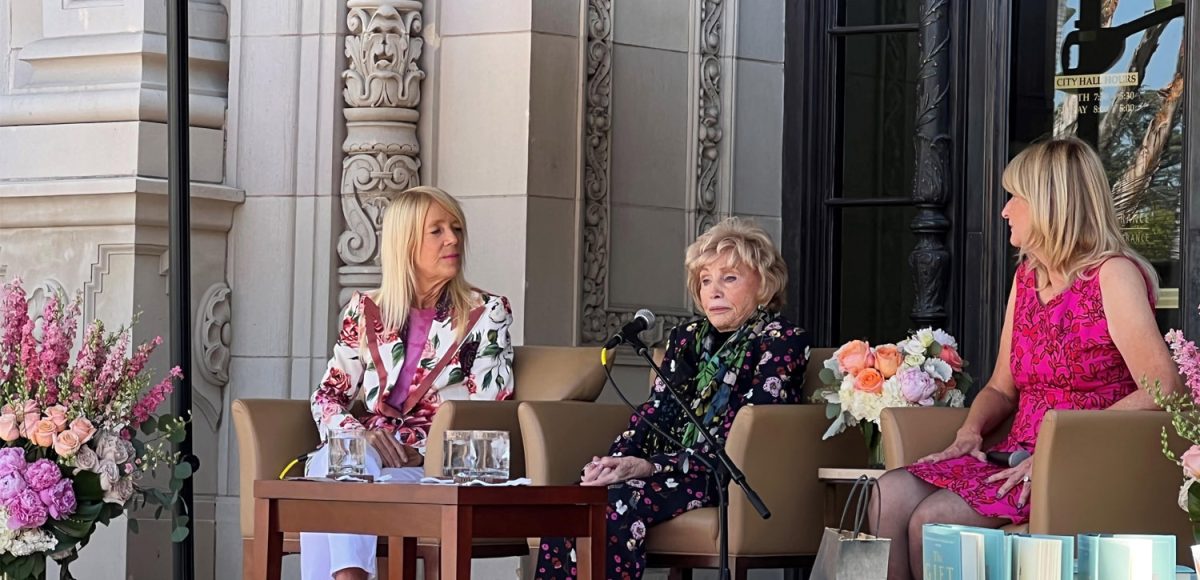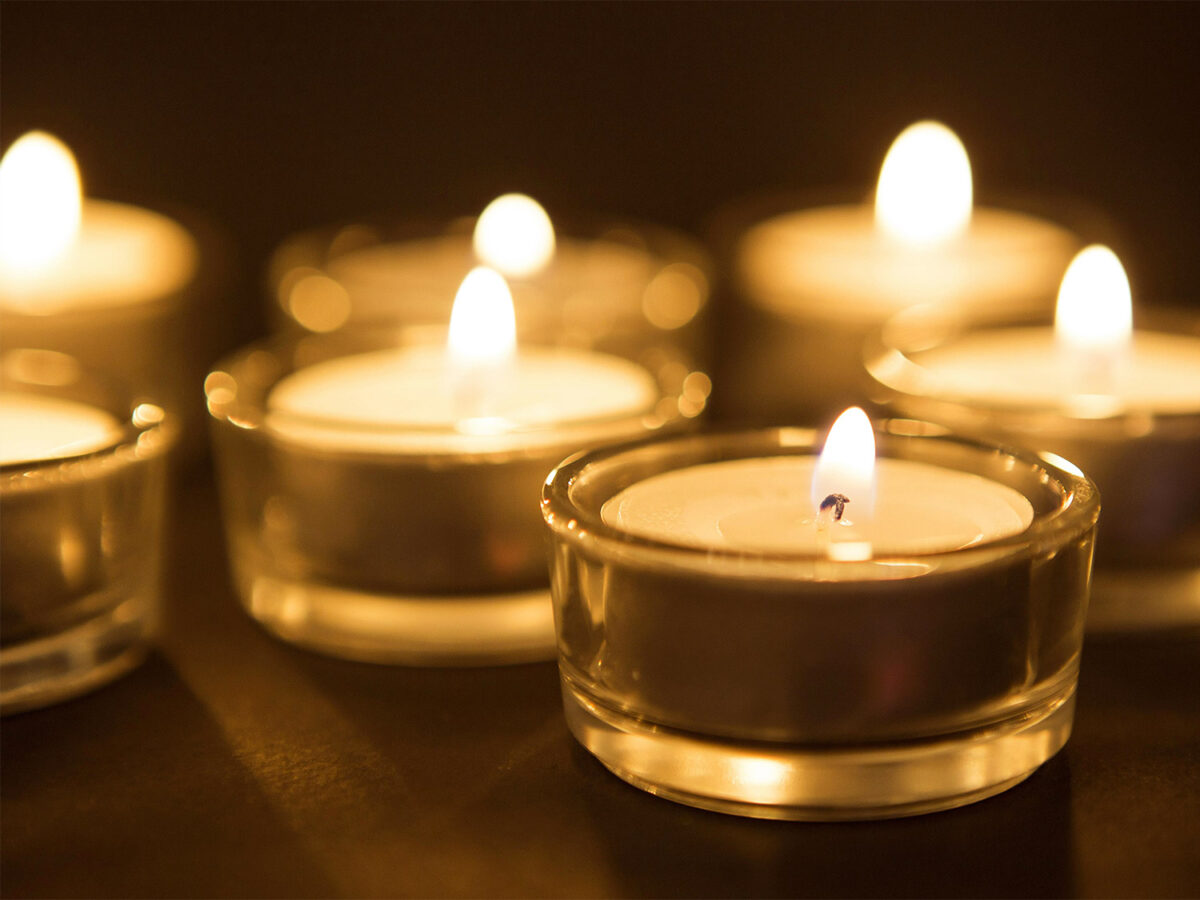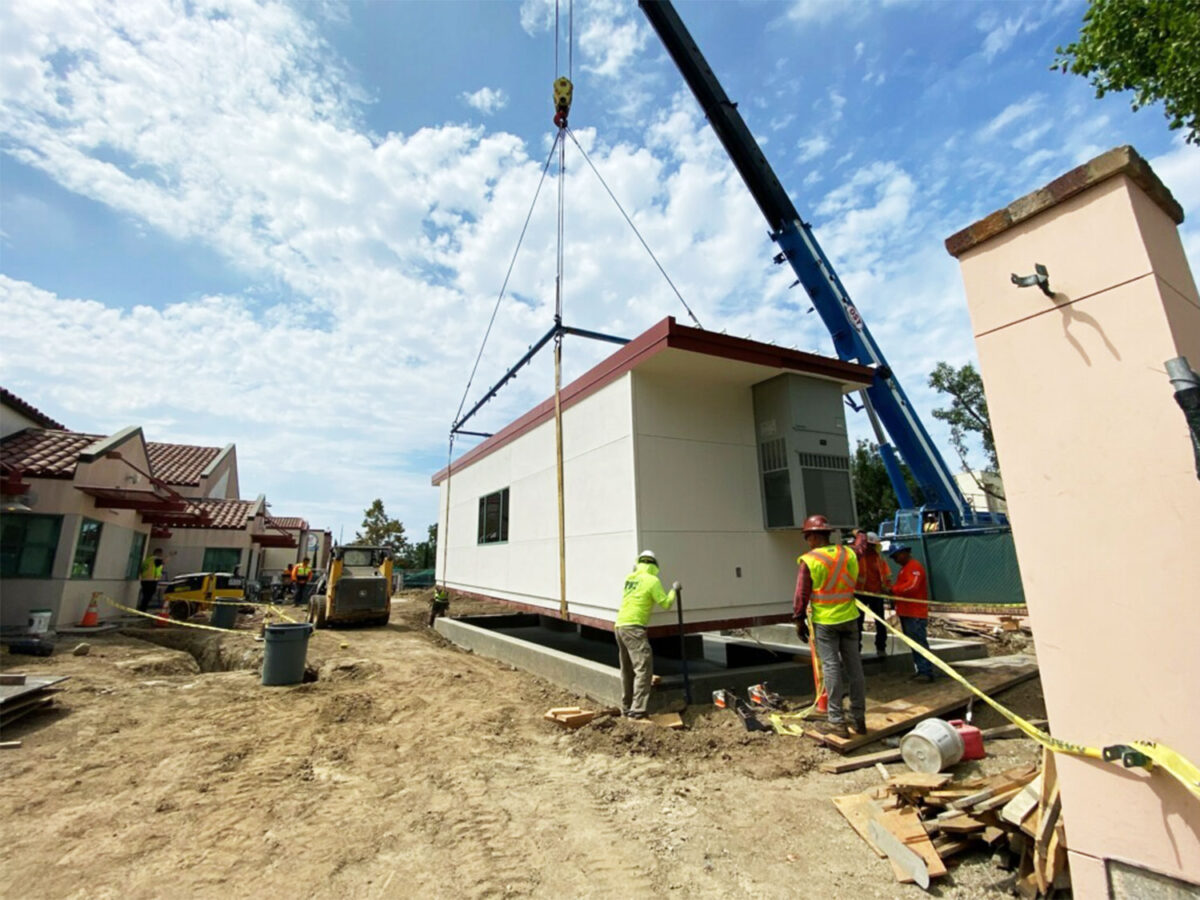The Mayor’s Mental Wellness Series kicked off on July 15 with guest speaker Dr. Edith Eger, the world-renowned trauma expert, international best-selling author and Holocaust survivor. Joining her on stage was her daughter, Dr. Marianne Engle, a respected and accomplished licensed clinical psychologist and sports psychologist, as well as Beverly Hills Mayor Lili Bosse, the visionary behind the Mental Wellness Series. The large and enthusiastic crowd, many of whom had traveled hundreds of miles to experience the wisdom of Dr. Eger, gathered on the front steps of Beverly Hills City Hall.
In her introduction, Mayor Bosse shared that with the challenges of the pandemic, the political divide and the recent antisemitic flyers disbursed in the city, “I felt a sense of darkness and I needed to feel light We are lucky and fortunate, during the challenging times that we are still in, to have the wisdom of both Dr. Edith Eger and Dr. Marianne Engle.”
Born to Hungarian Jewish parents, Eger grew up living in Nazi-occupied Eastern Europe. When she was a teenager, her family was sent to the Auschwitz concentration camp where her parents were killed in the gas chambers. Eger and her sister, Magda, survived. After moving to the United States with her husband in 1949, Eger received a degree in psychology in 1969 from the University of Texas, El Paso, and became a high school psychology teacher.
“She started to work with post-traumatic stress victims of [the Vietnam war], and she realized that there was only so far she could get to if she didn’t deal with her own feelings,” Engle shared about her mother. “That’s when she decided to go back to Auschwitz herself.”
Engle said that while revisiting the concentration camp, her mother saw a man in a uniform and began to panic. But the realization came over her that she could leave, and the working uniformed man could not. She skipped out knowing she was a changed person. It was after this that Eger felt she had a story to tell.
“I had a choice then as you (directed to the audience) have a choice now, whether you concentrate on what you lost or what is still here . The one thing we cannot change is the past. Auschwitz really showed us how to care for one another, how to transcend our ego needs and commit ourselves to each other as we are doing here today.”
After this experience, Eger decided to go back to school. While in her early 40s, she began to pursue a doctoral internship at the William Beaumont Army Medical Center at Fort Bliss, Texas. She had been encouraged to write a book before but, for many years, felt that she had nothing to say. At the encouragement of psychologist Dr. Philip Zimbardo, a professor from Stanford University, she wrote her first book, “The Choice: Embrace the Possible.” The book was published in 2017 and became an international bestseller. It provided a female voice, a different approach to the already told Holocaust survivor stories. The concept was met with a rousing applause, Audience members listened intently to Eger as she spoke of her time in Auschwitz. As a young woman, she would ask herself, “Does anyone know I’m here. Like I was thrown out. Like I’ve done something wrong.” Some listeners wiped away tears when she talked about how she helped herself process her experiences and move forward.
“Auschwitz was hell.” She recalled the name of the doctor, Dr. Mengelan, who asked her, in her entry interview, if she was with her sister or her mother. When Eger said her mother, the doctor sent her mother away. He told Eger, “She is going to be with you. Just after she takes a shower.” When Eger asked later about her mother, she was pointed towards the chimney above the gas chambers and told, “Your mother is burning there.” Pained beyond comprehension, her sister hugged her, offering her the comforting words, “The spirit never dies.” Although she told the truth, Eger never forgave herself.
One of Eger’s core messages is the importance of freeing oneself from their own thoughts and destructive patterns. Eger published her second book in 2020, titled “The Gift: 12 Lessons to Save Your Life.”
“We’re not going back anywhere, we have a new beginning,” Eger said. “I came here to be your midwife, and you’re going to give birth to the you that was meant to be free.”
Bosse shared that on the anniversary of her mother’s death, she met Eger and felt a mystical force had brought them together.
A question forum followed the panel where Eger’s most recent book was brought up by several audience members as well as by Bosse herself, who said that it had greatly impacted her life.
“I think I would just encourage people to be the best you that you can be,” said Eger to one audience member. “I hope that you will love [yourself] because self-love is self-care, it’s not narcissistic.”
Attendees shared personal stories about their own experiences reading Eger’s books and asked questions about her relationship with her past. Two people mentioned that they also had relatives who were Auschwitz survivors.
“One of the lines that stuck with me in your book is how you say there’s no hierarchy for trauma,” said one audience member. “I thought that was fantastic and that’s why you’re an incredible clinician, you honor everyone for where they are. There’s no comparison. Everyone has to be where they are and work through where they are.”
Engle talked about her parents’ experience moving to the United States after the war. She described her own childhood as fun and joyful and that she did not find out her mother had been at Auschwitz until she read about it in a book as a young teenager. Towards the end of the event, she responded to an audience question about how to cope with generational trauma.
“One of the things for kids who grow up with pain is that at some point, I think we all have to say this is horrible,” said Engle. “But if I live with it every single day, then I will never be the best I can be we can either choose to live with that pain every day, or we can remember it and put it away. We don’t forget, we inform.”
In addition to her books, Eger is frequently invited to speaking engagements around the world. She has appeared on numerous television programs including CNN and the “Oprah Winfrey Show,” and was the primary subject of a Holocaust documentary that appeared on Dutch National Television. With her degrees, Eger has a clinical practice in La Jolla, California, and holds a faculty appointment at the University of California, San Diego.
The event ended with a breathing exercise facilitated by Dr. Engle, which she developed through her work with athletes. The Mayor’s Mental Wellness Series will continue on Sept. 23.







